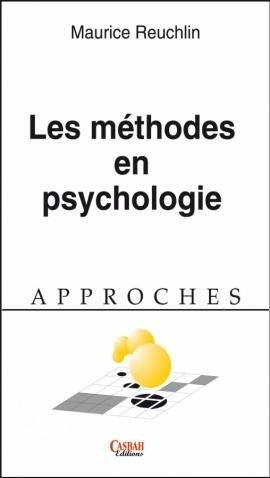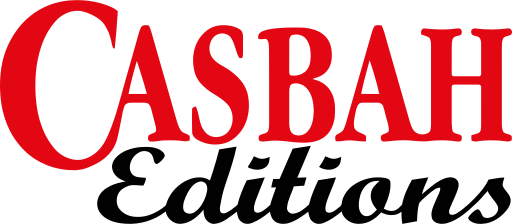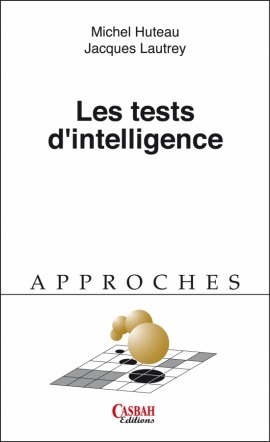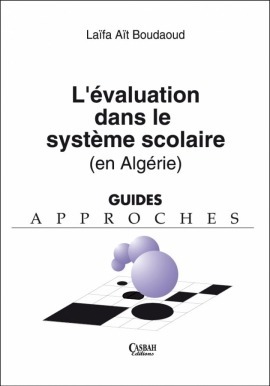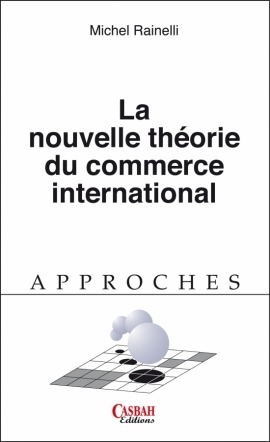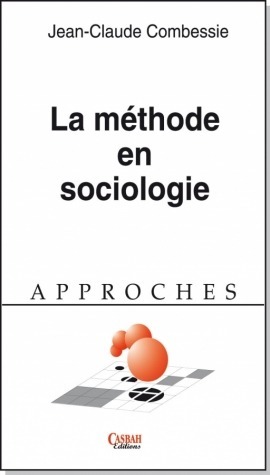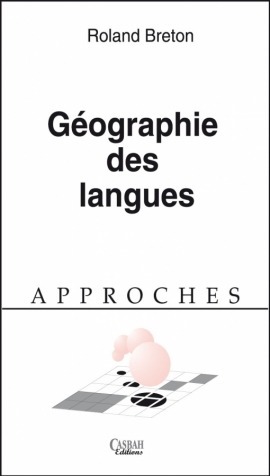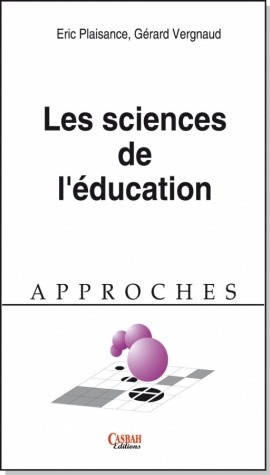Les méthodes en psychologie – Maurice Reuchlin
200,00 د.ج
Méthode expérimentale et méthode clinique paraissent s’appliquer à des conduites de niveaux différents. Elles paraissent aussi constituer deux états successifs dans le développement méthodologique de la psychologie. Sur le plan des applications, l’attitude clinique permet d’aborder utilement des problèmes devant lesquels la méthode expérimentale serait impuissante, et le psychologue, comme tant d’autres, « peut plus qu’il ne sait ». Sur le plan
théorique, les hypothèses « dynamiques » qui sont volontiers utilisées par le clinicien ont suscité dans certains cas des travaux proprement expérimentaux (notamment de la part de K. Lewin et de son école).
Méthode expérimentale et méthode clinique paraissent s’appliquer à des conduites de niveaux différents. Elles paraissent aussi constituer deux états successifs dans le développement méthodologique de la psychologie. Sur le plan des applications, l’attitude clinique permet d’aborder utilement des problèmes devant lesquels la méthode expérimentale serait impuissante, et le psychologue, comme tant d’autres, « peut plus qu’il ne sait ». Sur le plan
théorique, les hypothèses « dynamiques » qui sont volontiers utilisées par le clinicien ont suscité dans certains cas des travaux proprement expérimentaux (notamment de la part de K. Lewin et de son école).
| Editeur |
|---|
Produits similaires
Langues, Territoires et Médias – Pr. HEDID SOUHEILA
Les réflexions scientifiques sur la situation sociolinguistique d'un contexte sont souvent difficiles à définir. De la collecte des données brutes, à la conception d'un corpus, en passant par le choix des outils d'investigation et en arrivant à létude des résultats, le chercheur se voit souvent contraint de multiplier les approches, adapter et réadapter son matériel et bricoler parfois ses méthodologies (A. Mucchielli 2009).
Le fait est que l'ouverture sur la mondialisation, les bouleversements socioéconomiques et géopolitiques et la multiplication de crises de tous ordres ont ouvert la voie vers un éclatement de la société et un brassage linguistique impressionnant qui ont rendu plus difficile toute tentative de conceptualisation ou de théorisation sociolinguistique.
Langues, territoires et médias.
Les trois axes qui composent la présente publication et qui organisent son contenu ont la particularité de définir des corpus chaque fois différents. Le travail sur la langue offre aux scientifiques la possibilité de recourir à d'autres matériaux que les données linguistiques (Leonard J L,Verdelhan M. 2023).
L'on peut ainsi élargir les perspectives pour partir du territoire où sont pratiquées les langues pour mieux les décrire (T. Bulot, 2009, S.Hedid 2019) ou observer attentivement le contexte médiatique pour voir comment sont-elles employées et relever ce que leur usage recèle dans l'imaginaire linguistique des locuteurs (H. Boyer 2008).
